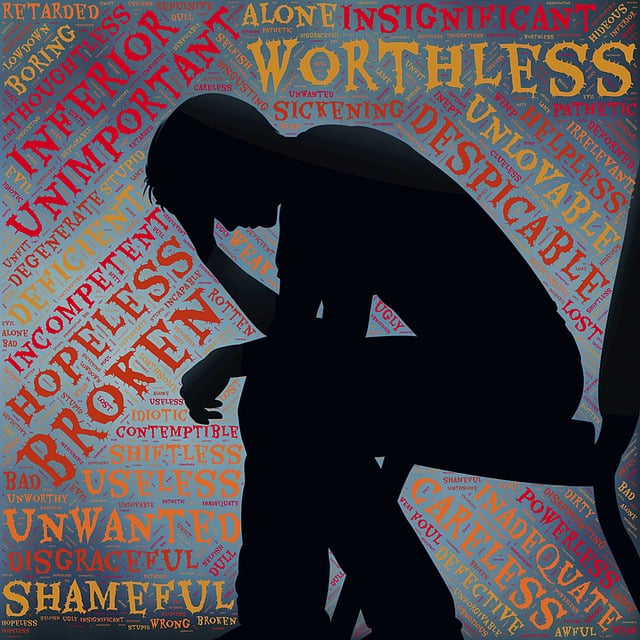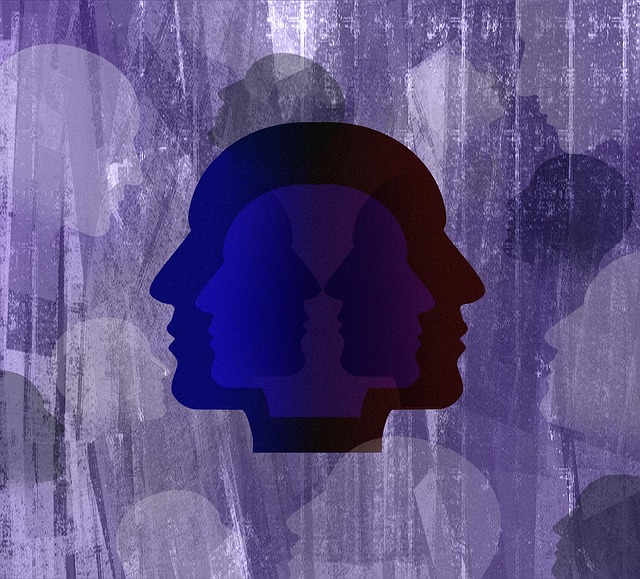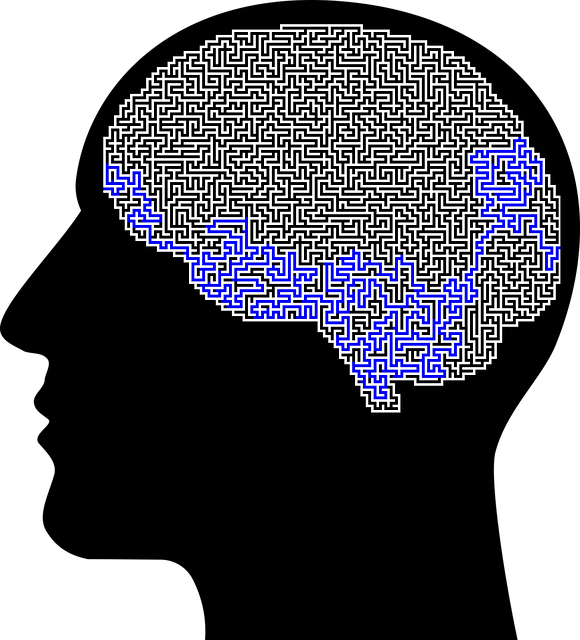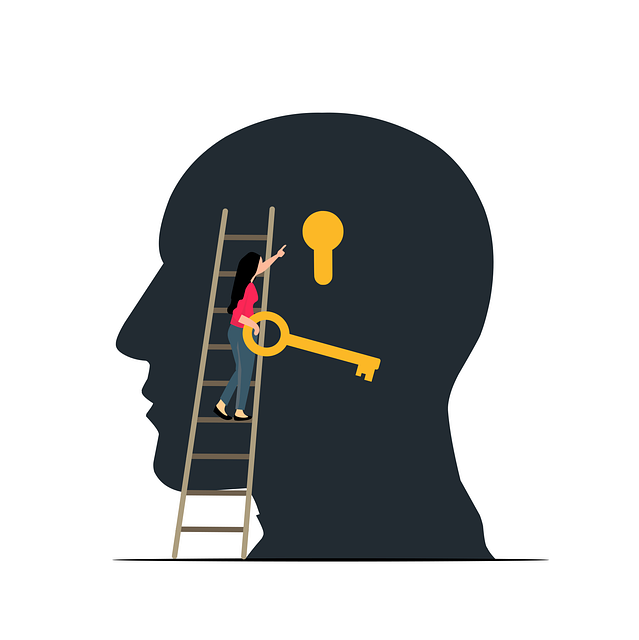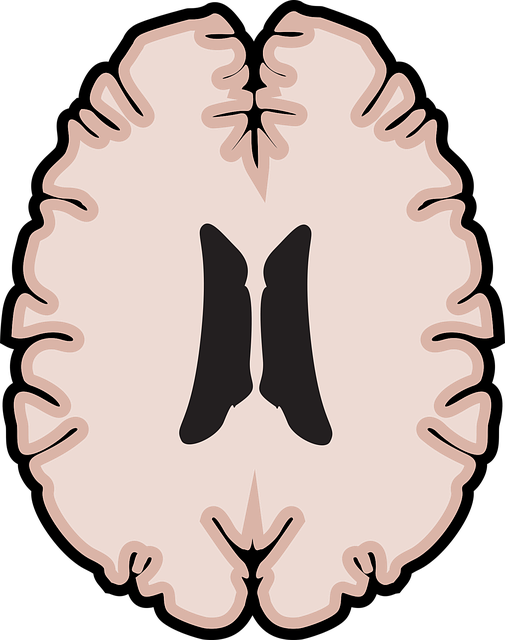Mental health conditions like anxiety, depression, and bipolar disorder can lead to social isolation and worsened symptoms in individuals from Arvada seeking therapy for child abuse. Effective interventions at Arvada Child Abuse Therapy focus on building resilience and coping mechanisms beyond teaching social skills, including strategies for healthcare provider burnout prevention and community outreach programs. Social Skills Training (SST) offers practical tools through exercises like mental wellness journaling and mindfulness meditation to navigate social interactions, improve relationships, and enhance overall well-being. SST's holistic approach addresses emotional intelligence, relationship building, and stress reduction, empowering individuals to manage trauma symptoms while excelling in personal and professional life.
Social skills training plays a pivotal role in managing mental health conditions, especially for individuals who struggle with social interactions due to trauma or anxiety. This article explores the profound impact of mental health on social behaviors and delves into how structured training can be a powerful tool in therapy. We’ll uncover effective strategies and techniques, offering valuable insights for Arvada Child Abuse Therapy and those seeking improved social skills.
- Understanding the Impact of Mental Health on Social Interactions
- The Role of Social Skills Training in Therapy
- Strategies and Techniques for Effective Social Skills Development
Understanding the Impact of Mental Health on Social Interactions

Mental health conditions can significantly impact an individual’s ability to navigate social situations, often leading to feelings of isolation and further exacerbating existing symptoms. Conditions such as anxiety disorders, depression, and bipolar disorder commonly present with social anxiety, making everyday interactions challenging. For instance, a person struggling with social anxiety might experience intense fear in group settings, which can hinder their participation in activities and lead to avoidance behaviors. This withdrawal from social engagement can result in the deterioration of relationships and further contribute to feelings of loneliness and low self-esteem.
In Arvada Child Abuse Therapy, understanding these impacts is crucial in developing effective interventions. Professionals must recognize that addressing social skills is not merely about teaching etiquette but also about building resilience and coping mechanisms. Burnout prevention strategies for healthcare providers and risk management planning for mental health professionals can play a pivotal role in creating a supportive environment. Additionally, implementing community outreach program initiatives can foster connections and provide much-needed support networks for those with mental health challenges, ultimately promoting better social integration and improved well-being.
The Role of Social Skills Training in Therapy

Social Skills Training (SST) plays a pivotal role in comprehensive mental health care, especially for individuals who have experienced challenging situations like Arvada Child Abuse Therapy. Beyond traditional therapy sessions, SST provides practical tools and strategies to navigate social interactions, fostering better relationships and enhancing overall mental wellness. It equips clients with the ability to express themselves effectively, interpret social cues accurately, and respond appropriately in various settings.
Integrating techniques such as Mental Wellness Journaling Exercise Guidance and Mindfulness Meditation into SST can significantly boost therapeutic outcomes. These practices promote self-awareness, emotional regulation, and stress reduction. For healthcare providers, burnout prevention strategies are also essential components of their own well-being, enabling them to offer consistent and compassionate care. By combining these elements, SST not only assists individuals in overcoming mental health challenges but also empowers them to thrive in their personal and professional lives.
Strategies and Techniques for Effective Social Skills Development

Social skills training is a cornerstone of comprehensive mental health care, especially for individuals who have experienced challenging situations like child abuse in Arvada. Effective strategies and techniques go beyond mere conversation; they focus on building emotional intelligence, enhancing coping skills development, and fostering healthy relationships. Mental health education programs design activities that encourage active listening, empathy, and assertive communication. These programs not only teach practical social interaction but also promote emotional well-being through role-playing scenarios, group discussions, and feedback sessions.
By integrating these techniques, individuals can improve their ability to navigate social environments, reduce feelings of isolation, and build a support network. Coping skills development becomes more than a theoretical concept; it’s a practical tool for managing stress, anxiety, or trauma-related symptoms. Emotional well-being promotion techniques, such as mindfulness exercises and positive reinforcement, are also integral parts of this process, helping individuals cultivate resilience and a sense of belonging.
Social skills training plays a pivotal role in enhancing therapy outcomes for individuals with mental health conditions. By understanding the unique challenges these conditions present in social interactions, we can develop targeted interventions. Incorporating evidence-based strategies tailored to specific needs fosters better communication, empathy, and overall well-being. As Arvada Child Abuse Therapy demonstrates, such training equips clients with essential tools to navigate relationships more effectively, ultimately promoting a healthier and more fulfilling life.
